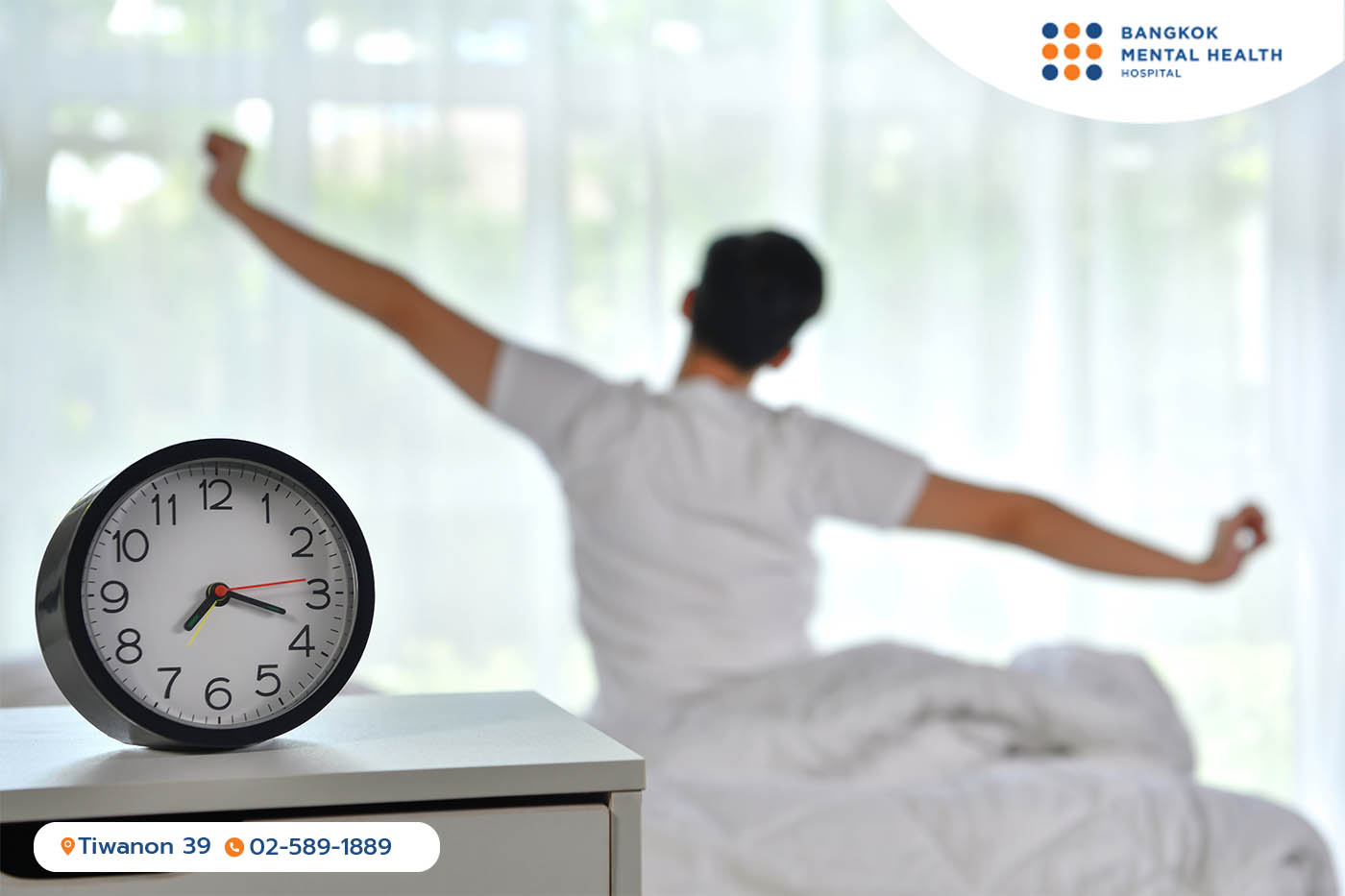
If you’re struggling with sleep difficulties such as trouble falling asleep, inability to remain asleep throughout the night, early awakenings, or reliance on sleep aids for over four weeks, with noticeable repercussions on your daily life including work, education, and overall well-being, you might be dealing with clinically significant insomnia. It’s strongly advisable to seek a mental health professional for a comprehensive assessment and an appropriate treatment.
Here are three red flags suggesting that you should see a psychiatrist
- You’ve had trouble falling asleep or staying asleep for over a month.
- You’ve been using sleep aids for more than 2 to 4 weeks.
- Sleep difficulty is affecting your physical health, work, or daily life.
There are a few things that you can do to alleviate the sleep problem.
- Go to bed when you feel drowsy.
- If you don’t fall asleep within 15 to 20 minutes, get up and engage in a different, relaxing activity before returning to bed.
- Use your bed exclusively for sleep, avoid activities like reading, eating, watching TV, or working in bed.
- Maintain a consistent sleep schedule, going to bed and waking up at the same time every morning.
- Avoid daytime naps.
- Ensure a comfortable sleep environment, including a dark, quiet room with a comfortable mattress and pillow, and an appropriate room temperature.
- Engage in activities that promote relaxation in the evening and before bedtime, such as reading, meditation, or soothing music.
- Limit the use of electronic devices, such as computers, mobile phones, and tablets, at least one hour prior to bedtime.
- Avoid alcohol consumption, as it can disrupt sleep patterns.
To evaluate a patient experiencing insomnia, the doctor will take a thorough medical history and a detailed physical examination to differentiate insomnia from other sleep disorders, such as obstructive sleep apnea. Subsequently, the doctor will consider potential contributing factors, including the physical, psychological, and external aspects that may underlie the sleep disturbances.
In addition, the doctor may request that you keep a sleep diary to record your sleep patterns, which can help in evaluating the causes and severity of your insomnia. In cases where complex sleep issues are suspected, a polysomnogram may be recommended in order to monitor various physiological signals throughout the night. This test is typically conducted at a hospital or specialised sleep centre.
The bottom line is, if you are experiencing insomnia, it is advisable to consult a healthcare professional for proper evaluation and treatment.
Related Articles

Histrionic Personality Disorder
Individuals with Histrionic personality disorder (HPD) often exhibit dramatic and highly emotional behaviors, as their self-worth is largely dependent on the approval and validation of others. Although the theatrical nature of HPD can sometimes appear charming, it often masks a distorted self-image and can lead to significant difficulties in personal relationships and daily life. It’s one of […]

Schizoid Personality Disorder
Schizoid personality disorder is a mental health condition characterized by a persistent pattern of detachment from social relationships and a limited range of emotional expression. Individuals with this disorder often appear distant, aloof, and may have little desire for close friendships or romantic connections. Unlike some other mental health conditions, a person with schizoid personality […]

Bulimia Nervosa
Bulimia nervosa is a serious eating disorder and it can become life-threatening if left untreated. People with bulimia often have a distorted view of their body and an intense fear of gaining weight. This can lead to a cycle of binge eating and compensatory behaviors, such as self-induced vomiting or excessive exercise, in an attempt to control […]
Talk to Doctor
Call Us
Line BMHH